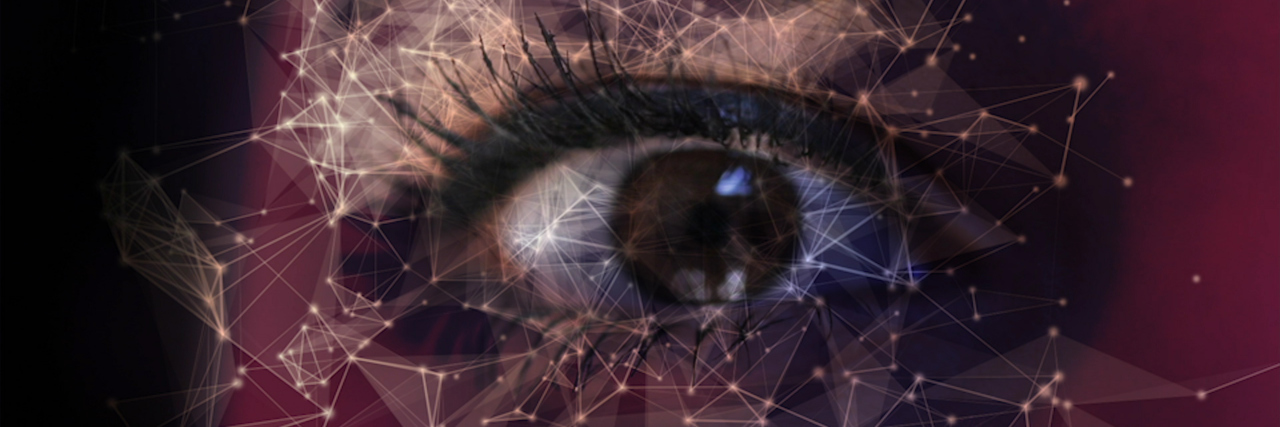In 2016 I heard the words, “You have cancer.” All of a sudden life shifted. Betrayed by my unquestioned belief that bad things only happen to other people, I was totally unprepared for the news. I was instantly embodied in a life of uncertainty and unknowing. I became lost under a veil of disease, immersed in hospital visits, statistics and CT scans.
Cancer not only took over my time, it took away a part of my true identity. Disentangled from myths that had sustained me (“I will live forever.”), I lost contact with my inner strength. Many survivors feel this way. Recently a young woman wrote to my online cancer group, “…somehow I am not my ‘old self.’ Where did I go? Has anyone out there gone back to being who they were before… this?”
This inner self where our “soul” or “spirit” or “breath” resides is immutable, even when covered by layers of fear, sadness or loss. It is a self we can sense when we put our hand on our heart. What brings us back to our self is resilience. It is what allows us in the face of cancer to renew the “me” that is identifiable in our memories and reflected in our nocturnal dreams.
Resilience is a dynamic process of adapting to adversity. Building resilience is especially important to those of us with cancer due to the unique nature of cancer’s relationship to the body. Cancer may manifest even though the physical self might be symptom or pain free, which can create confusion or denial. It can re-occur at any time and without notice, two conditions that can cause ongoing anxiety.
How do we become resilient when our day may be filled with radiation, chemotherapy or recuperation from surgery? All of us who have cancer can acquire resilience because it is a composite of beliefs that becomes realized through practice.
There are three key myths that we shift to build our adaptive strength and to return to the inner core of who we are, unfettered by disease.
The first myth is that we are alone in our journey. We shift this by specifically sharing our journey and reaching out to others. The second myth is that there is (was) a reason for cancer, and we are the ones who somehow created it. We dispel this myth and build resilience by letting go of blame, for self and for others. The third myth is that there is only one desired outcome. We build resilience by accepting that things are constantly shifting and changing. In this way, we remain open to many possible outcomes.
There are practices we can follow each day that disable our myths. Through time, each practice will become a thought. The thought will become an idea. The idea will become a belief. And through beliefs we claim a life that we own, bigger than any disease. We reconnect to the life held by “me.”
On a daily basis:
1. Share an “I love you” or similar sentiment to another living thing (pet, plant or person).
2. Recall a loving memory of a pet, plant, person or experience.
3. Say to yourself or to others, “I am grateful.”
4. Say “thank you” aloud, to a pet, plant, or person.
5. Smile at least once; if you cannot physically smile, turn it inward and picture yourself smiling.
6. Give yourself unconditional permission to talk about your cancer.
7. Acknowledge that your tribe — caregivers, friends, family, pets — is important.
8. Give yourself unconditional permission to feel whatever it is you are feeling, be it grief, sadness, fear or loneliness.
9. Tell yourself, “Cancer can happen to anyone.”
10. Say to yourself, “I forgive myself and let go of the past.”
11. Say to yourself, “I forgive others and let go of the past.”
12. Say aloud, “I am open to possibility.”
13. Say to yourself, “I am not alone. Things can get better.”
When we find our way back to the inner “me” we may find the courage to face life as it is. Resilience firmly establishes our legacy: I lived and learned and loved true to myself.
Getty image by blackdovfx

